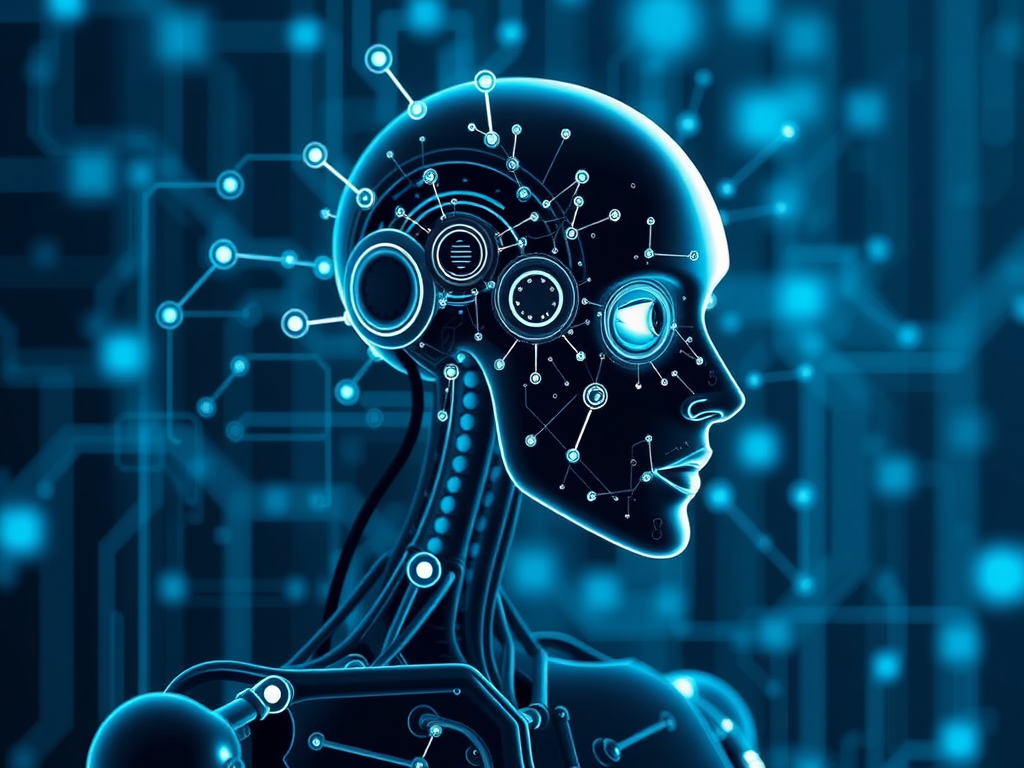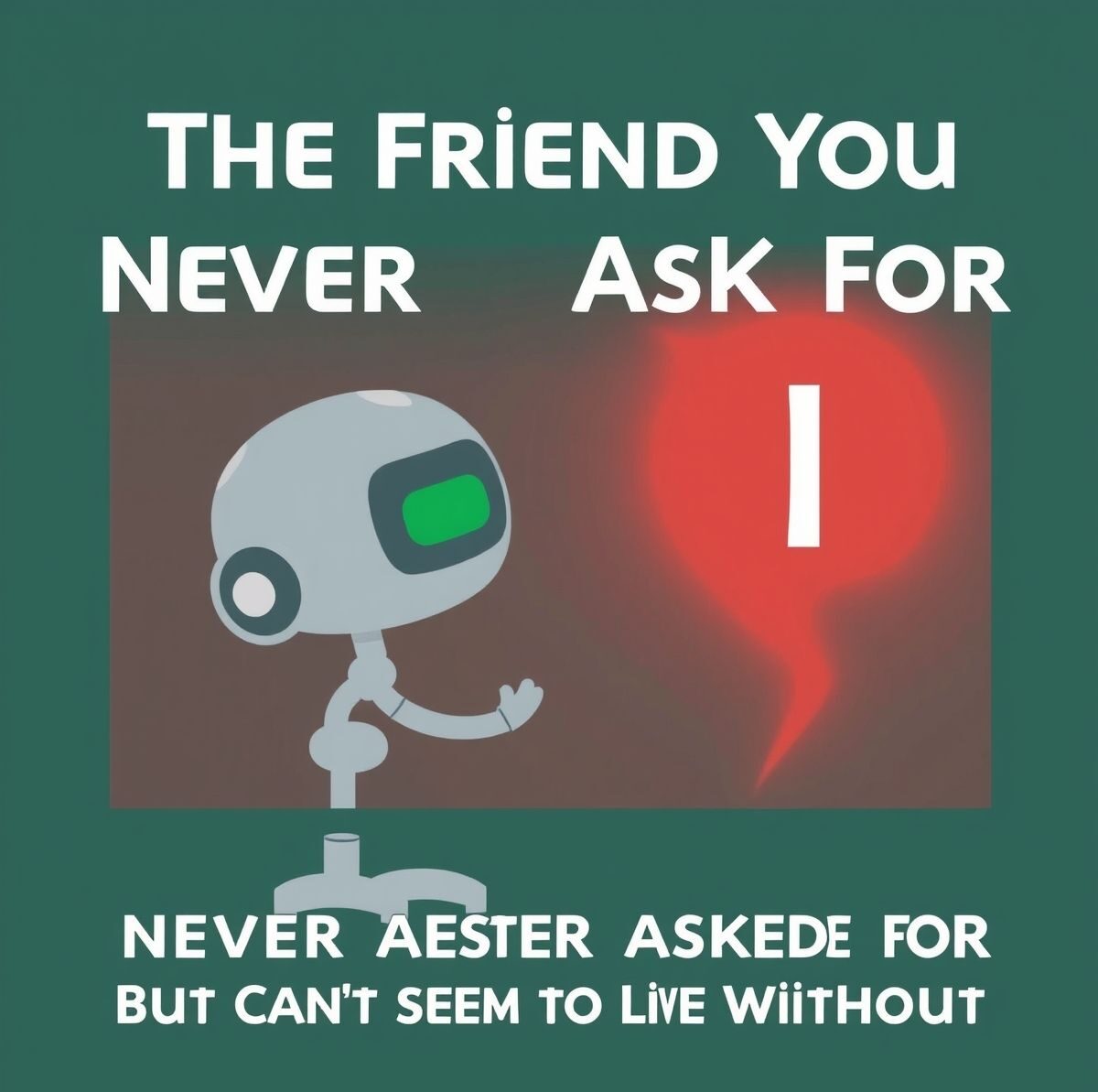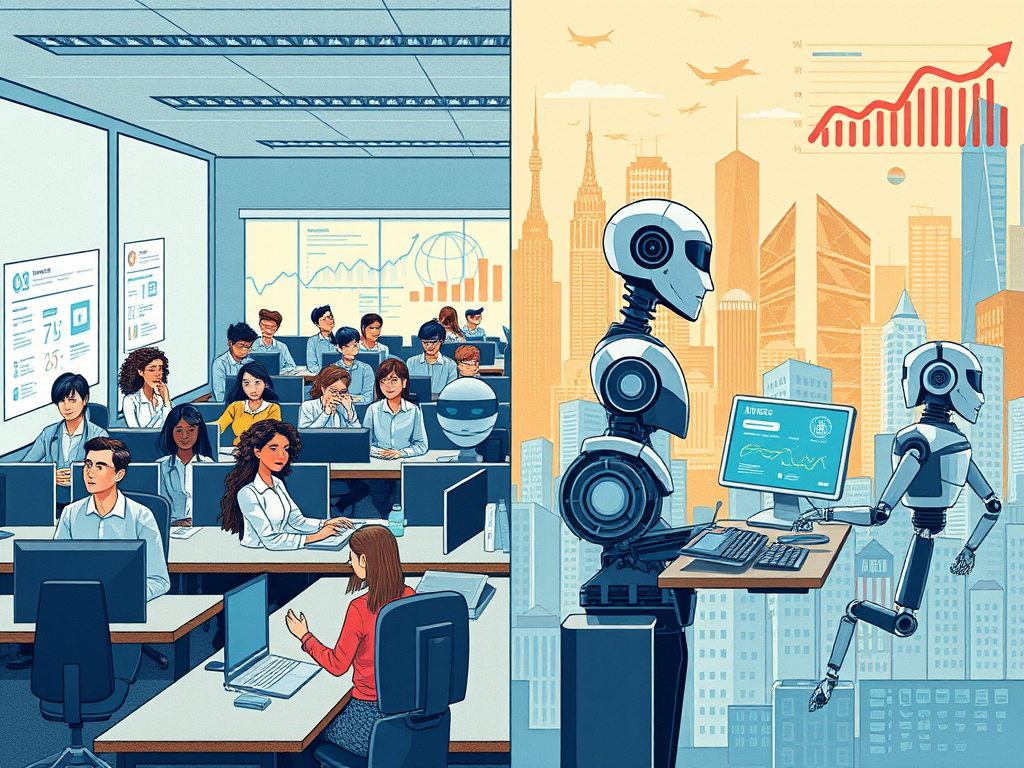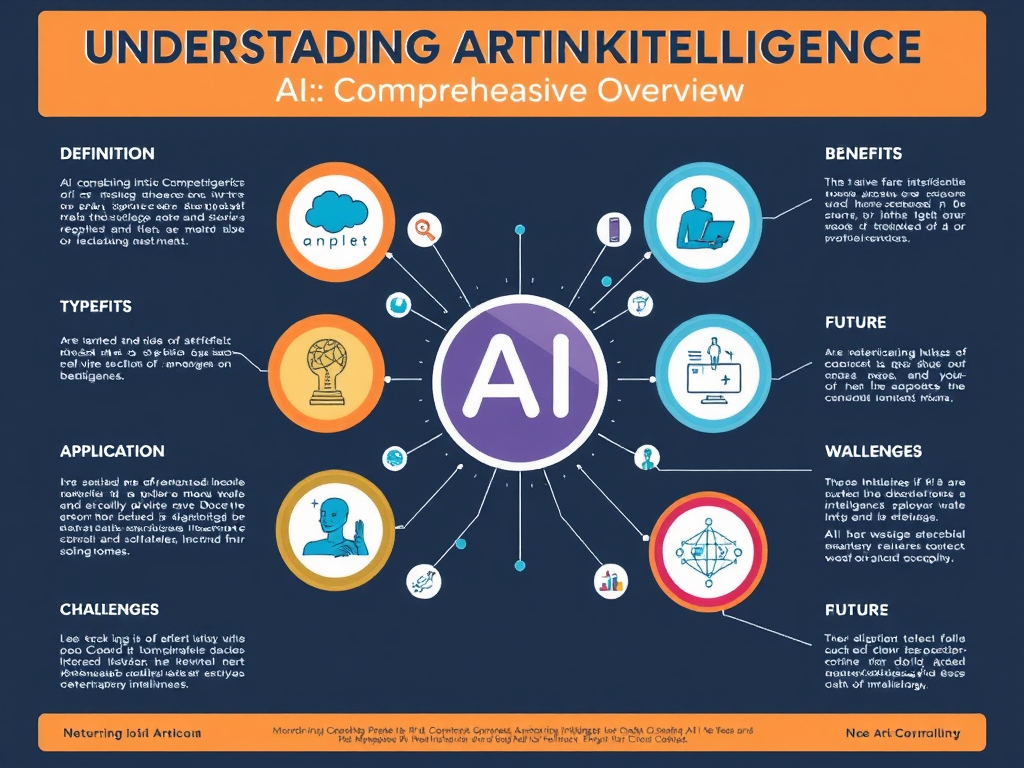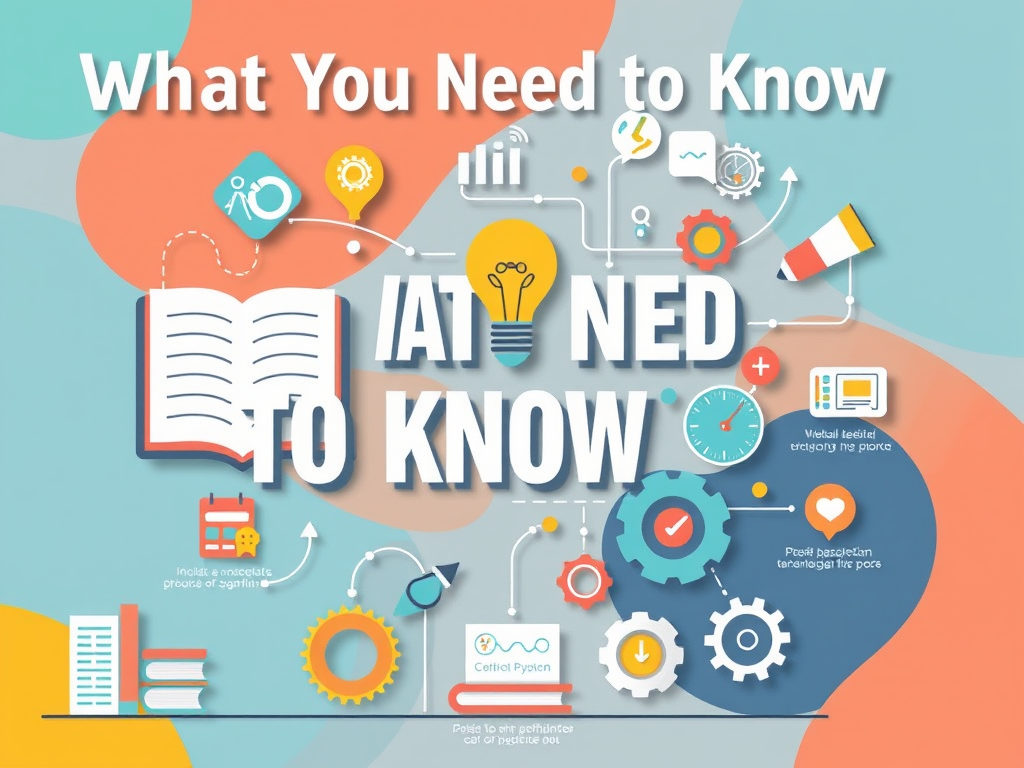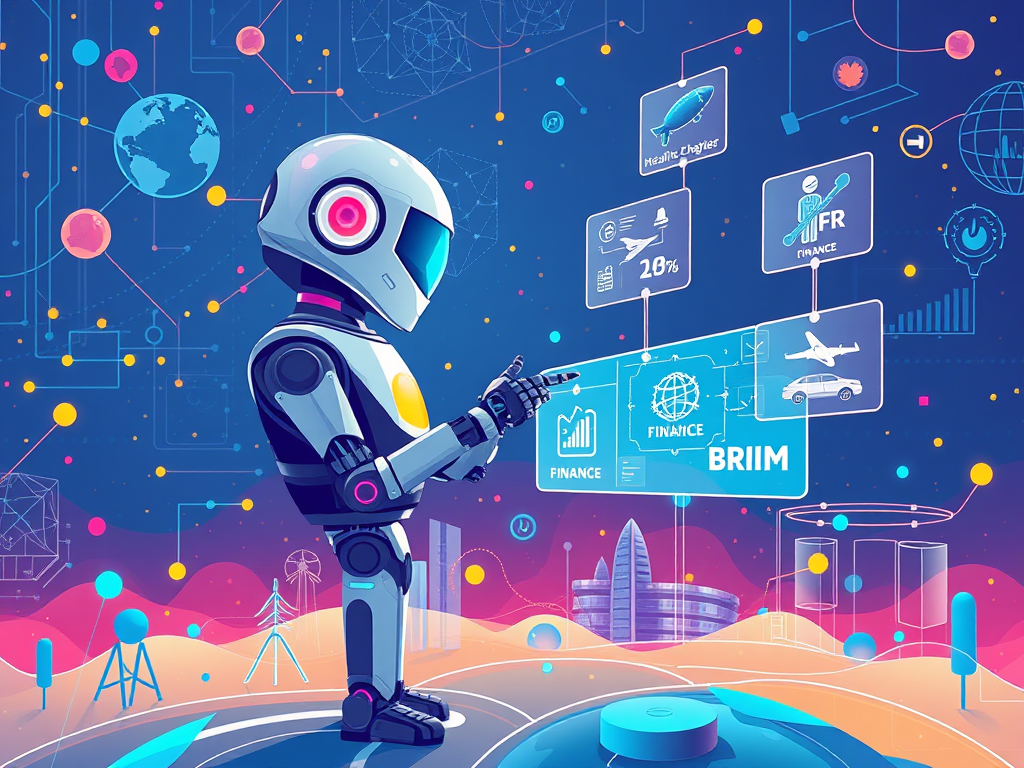The music world is buzzing these days, and it’s not just about the latest hit tracks. The rise of artificial intelligence (AI) is changing how we create, share, and experience music. Recently, SoundCloud, one of the most popular music streaming platforms, updated its policy on AI-generated content after facing backlash from artists and users alike.
The growing concerns around AI in music are no surprise. While AI tools have made it easier for people to create music, many artists fear it could water down the value of real, human-made art. There’s also the issue of copyright—can AI music steal from existing songs without the artist’s consent? With these questions in the air, SoundCloud had no choice but to rethink its policies. But the changes go beyond just protecting artists’ rights—they aim to find a middle ground between innovation and the preservation of creative integrity.
The Rise of AI in Music
Over the past few years, artificial intelligence has been making waves in the music industry. With AI tools like OpenAI’s MuseNet or Amper Music, anyone with a computer can now generate music, from composing original pieces to remixing existing tracks. For some, it’s a dream come true, opening up new possibilities for creators, both seasoned musicians and beginners alike.
But not everyone’s excited about it. While AI might be helping new music emerge, it also raises concerns. Could AI start flooding the market with low-quality tracks that crowd out human-made music? What about intellectual property? Since AI often learns from existing music to create new sounds, could it be copying melodies, rhythms, or lyrics without permission? And if so, who owns the rights to those tracks?
The Backlash: Artists Speak Up
As AI-generated music started gaining traction, artists quickly raised their voices. Many musicians were worried about the future of their work. Some feared that their creativity and hard-earned skills would be overshadowed by algorithms that can churn out tunes at lightning speed. What happens when a machine can do the same thing in seconds that took an artist years to master?
Copyright infringement was another big concern. AI uses data from existing songs to create new music, which sometimes ends up too similar to copyrighted material. For artists, this feels like a threat to their livelihoods—why would people pay for human-made music if AI can replicate it for free?
The artists demanded action. They wanted platforms like SoundCloud to make sure their music wouldn’t be copied or diluted by AI. And they wanted to know that AI-generated content would be clearly labeled so listeners wouldn’t be tricked into thinking a machine wrote the next big hit.
SoundCloud’s Response: Policy Updates for a Changing Landscape
SoundCloud, listening to the growing concerns, decided it was time for a change. They didn’t just want to stop the AI floodgates but also to ensure that the platform continued to support and protect the artists who made it what it is. Here’s what the updated policy looks like:
-
Clear Attribution for AI-Generated Tracks:
One of the first things SoundCloud introduced was a rule that all AI-generated music must be clearly labeled. If a track was created by an AI, it needs to say so—making it transparent for listeners. This helps prevent any confusion between human-created and machine-made music, allowing listeners to choose what they want to support. -
Tighter Copyright Protection:
SoundCloud also rolled out better tools to spot AI-generated tracks that might be infringing on existing songs. With this new system in place, SoundCloud will be able to flag any content that seems too close to a copyrighted work, ensuring that artists’ rights are protected. This is especially crucial for musicians who want to ensure their music isn’t used without permission. -
AI Content Monitoring:
The platform is now actively monitoring AI-generated content through a mix of automated systems and human review. This means that AI music can’t just slip through unnoticed. Artists who believe their work has been copied or infringed upon can also report AI-generated tracks, and SoundCloud will investigate. -
Supporting Human Creators:
SoundCloud has also launched programs to help human artists stand out in a sea of content. With AI making music easier to produce, it can be tough for independent creators to get noticed. So, SoundCloud is offering support through education, tools, and promotional resources to help human artists succeed, even in an AI-dominated world.
The Bigger Picture: How AI is Changing the Music Industry
These updates mark just one step in a much bigger conversation about AI in the music world. SoundCloud isn’t the only platform grappling with these questions—other streaming services and even record labels are trying to figure out how to deal with AI-generated content.
On the one hand, AI has opened up exciting possibilities for musicians. With AI-assisted tools, even people with no formal music training can create beautiful, original songs. For independent artists, AI can be a game-changer, offering them resources that were once only available to big-name producers.
But, on the other hand, there’s a real risk of AI overshadowing the artistry and emotion behind human-made music. When a machine can replicate a style, sound, or song, it’s easy to see why some musicians feel like their work is being devalued.
There’s also the question of what happens when AI starts to take over more than just music production. If algorithms are writing, producing, and distributing music, where does that leave the human artist? Will we still value the person behind the music? Or will AI become just another tool—like a guitar or synthesizer—that simply enhances the human creative process?
Ethical and Legal Questions About AI in Music
Another layer to this debate is the ethical and legal implications of AI-generated music. If a machine creates a song that’s strikingly similar to an existing piece of music, who is responsible? If the AI was trained using data from copyrighted tracks, does it owe anything to the original creators? These are tough questions that have yet to be fully answered.
Some legal experts argue that the current copyright laws were never designed to handle AI-created works. Who owns a song made by an algorithm? Is it the person who programmed the AI? The person who fed the AI the data? Or maybe the AI itself? These questions will likely shape the future of copyright law, as it becomes clear that the creative process is shifting in profound ways.
Conclusion: Looking Ahead to the Future of Music
SoundCloud’s AI policy update is a small but crucial step in addressing the challenges that AI poses to the music industry. While the platform has made efforts to protect human creators, the broader conversation around AI, creativity, and copyright is far from over.
In the coming years, as AI continues to advance, artists, tech companies, and legal experts will need to work together to navigate this new landscape. The key will be finding a balance—embracing the benefits of AI while ensuring that human creativity and intellectual property are not lost in the shuffle.
For now, SoundCloud’s decision to update its policy is a sign that the platform is listening to its users and trying to evolve with the times. But with AI’s presence in the music industry only expected to grow, we’ll likely see more changes and discussions in the near future as everyone tries to figure out what the future of music should look like in an AI-driven world.


